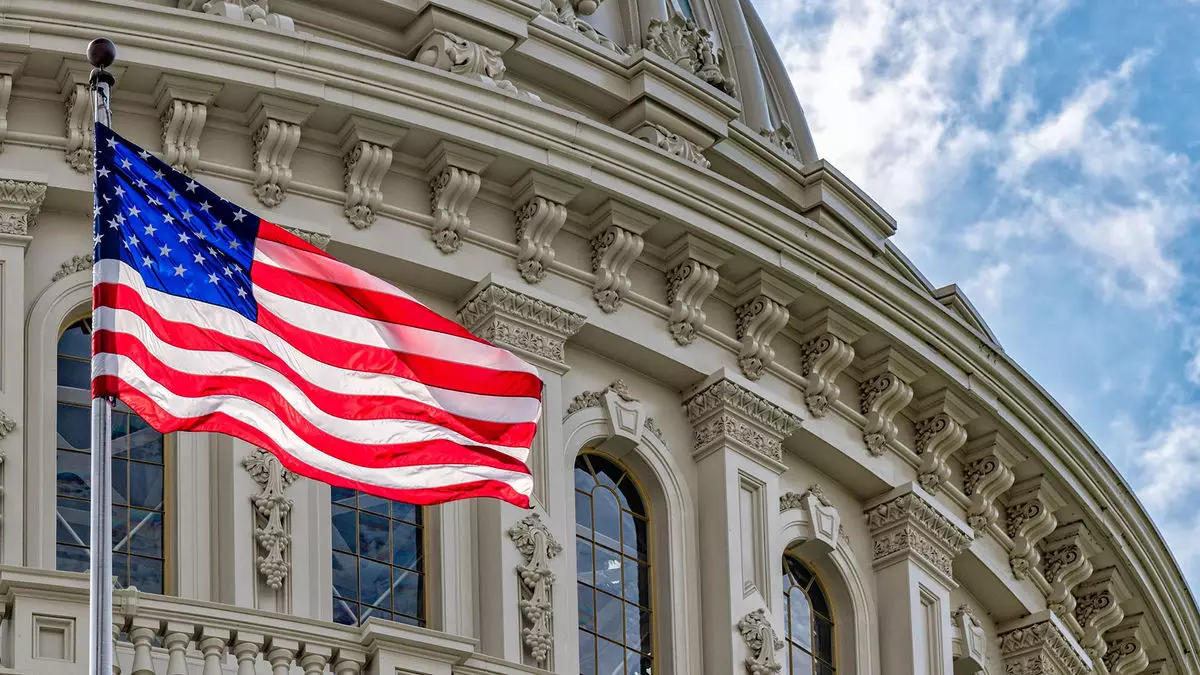The recent agreement reached by the House and Senate on the FAA reauthorization bill is a significant milestone that ensures funding of $105 billion through September 2028. This deal paves the way for crucial floor votes on the reconciled bill before the latest FAA funding extension expires on May 10. The comprehensive bill covers various areas aimed at enhancing aviation safety, addressing air traffic controller shortages, introducing consumer protections, improving air travel accessibility, and modernizing airports. It is indeed a multifaceted piece of legislation that touches on critical aspects of the aviation industry.
One key highlight of the bill is the implementation of several safety measures. For instance, there is a provision that increases the required retention time for cockpit recordings to 25 hours from the previous two hours. Such a move is essential in enhancing accident investigations and improving overall aviation safety. Additionally, the bill mandates the FAA to boost the hiring of aircraft manufacturing safety inspectors, further underscoring the importance of stringent safety protocols within the industry.
In terms of consumer protections, the bill includes provisions aimed at safeguarding passenger rights. One notable clause prohibits airlines from charging fees for families who wish to sit together, ensuring that families can travel without facing unnecessary financial burdens. Moreover, airlines are mandated to accept vouchers and flight credits for a minimum of five years, offering passengers greater flexibility in managing their travel plans. The bill also introduces training for airline personnel on safe wheelchair storage, thereby enhancing accessibility for passengers with disabilities.
The bill also focuses on modernizing airports and improving infrastructure. It proposes an increase in annual Airport Improvement Program funding over the next five years, suggesting a commitment to enhancing airport facilities and services. Such investments are crucial in maintaining the competitiveness and efficiency of airports, ultimately benefiting both airlines and passengers. Additionally, the bill includes measures geared towards enhancing the technical efficacy of the air traffic control system, marking a significant step towards modernizing air traffic management.
For travel advisors, the bill introduces the establishment of the Passenger Experience Advisory Committee within the Department of Transportation (DOT), providing representation for travel agencies. This committee aims to address industry-specific issues and concerns, ensuring that the interests of travel advisors are taken into account. Moreover, the bill addresses the contentious issue of airline refunds, with provisions requiring airlines to promptly transfer funds to ticket agents. While the bill addresses some of the concerns raised by industry stakeholders, there are lingering apprehensions regarding the timely implementation of new regulations by the FAA.
One significant omission from the bill is the provision in the House bill that sought to raise the mandatory retirement age for pilots from 65 to 67. However, the bill does lay the groundwork for the FAA to establish pilot training pathways that could streamline the training process. This move underscores the importance of continuous training and skill development among aviation professionals, ensuring the highest standards of safety and efficiency in the industry.
Overall, the FAARAA bill represents a comprehensive effort to address key issues within the aviation sector. From safety enhancements to consumer protections and infrastructure improvements, the bill encompasses a wide range of measures aimed at advancing the industry. However, the successful implementation of these provisions will be crucial in realizing the full potential of the bill and ensuring a safe, efficient, and accessible aviation system for all stakeholders involved.


Leave a Reply